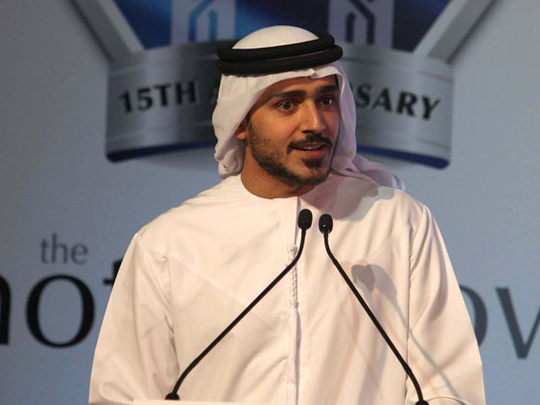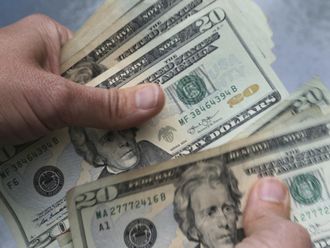
Dubai: The number of three- and four-star hotels are on the rise in Dubai, according to Eissam Kazim, chief executive of the Dubai Corporation for Tourism and Commerce Marketing, (DCTCM), an affiliate of Dubai’s Department of Tourism and Commerce Marketing (DTCM).
Kazim was delivering the keynote speech at The Hotel Show, which opened on Sunday in Dubai by Shaikh Ahmad Bin Saeed Al Maktoum, President of Dubai Civil Aviation Authority, Chairman of Dubai Airports, and Chairman and Chief Executive of Emirates Airline.
“In recent months, under the guidance of His Highness Shaikh Mohammad Bin Rashid Al Maktoum, UAE Vice President, Prime Minister and Ruler of Dubai, DTCM has introduced a number of incentives to encourage diversification of the hotel sector. And we have already seen positive results, with the number of four- and three-star hotels on the rise,” Kazim said while delivering the keynote address.
In January this year, Shaikh Mohammad issued a series of directives aimed at enhancing and streamlining hotel investment and development in Dubai.
Under the directives, the pre-approval process period for hotel construction will be reduced to two months. The municipality will manage a single streamlined system to help reduce red tape for businesses and ensure that new reduced approval time frames are met; and the allocation of government land for the development of three- and four-star hotels, among others.
“Luxury is our trademark, but it’s vital that the city broadens its appeal, while remembering that the cheaper category does not mean lower standards. Instead, it means high quality, lower cost accommodations,” Kazim said.
Between 15,000 and 25,000 rooms will be added by the end of 2016 and by 2020 Dubai is targeting approximately 160,000 rooms, he said.
Last year, Dubai launched its Tourism Vision for 2020. Under the vision, the emirate is expected to double the number of visitors from 10 million per year in 2012 to 20 million by 2020. In order for the emirate to achieve this, it will need to expand its hotel room supply.
“Just as important as increasing the number of hotels is maintaining the high standard of hospitality for which Dubai has become known. Whether it’s a five-star luxury beach resort, a three-star city option or a cosy boutique guesthouse, it’s the standard of services that will be remembered,” Kazim said.
Taking place at the Dubai World Trade Centre, the three-day trade event, as well The Leisure Show running alongside it, is expected to attract around 16,700 industry professionals. Exhibitors at the show came from across the globe, including Germany, the UK, China and Egypt.
Sessions at the Vision Conference, a highlight of the show, discussed trends in the hospitality and leisure sectors, how hotels can benefit from major events, such as the World Expo 2020, which Dubai won the bid to host last November, and the growth of mid-market hotels over the coming years, among other topics.
This year’s edition of the show also had an area for hotel architecture, sustainable development, technologies, and new frontiers with self-powered energy buildings and materials.










